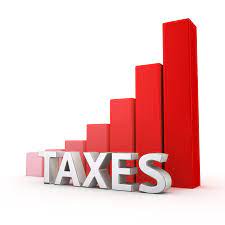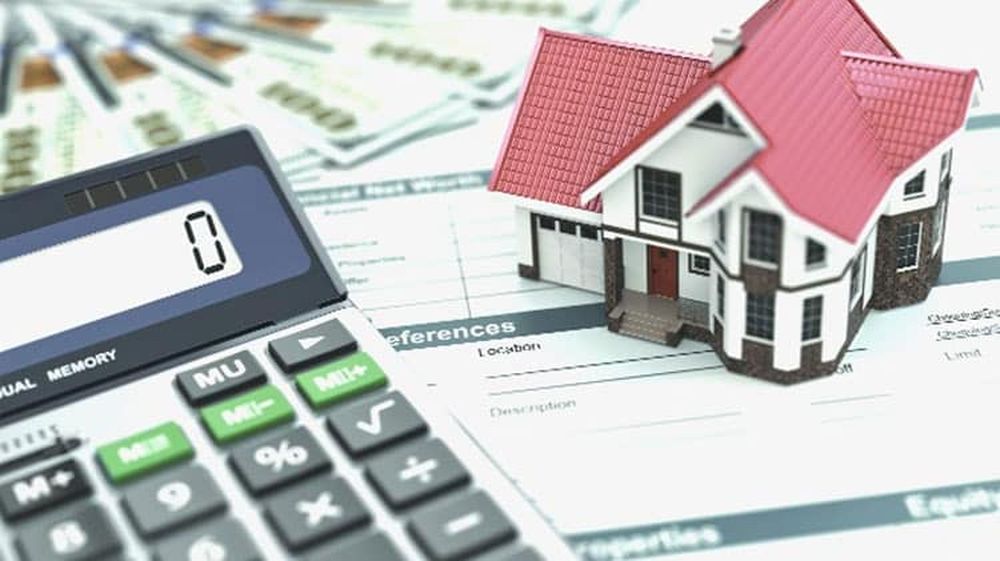Income derived as rent from letting out of property i.e. land or building for use or occupation in a tax year is taxable under the head of income “Income from Property”. Tax on property income is described in sections 15 and 16 of the Income Tax Ordinance 2001.
 Rented property may be land or a building. In some cases, the provision of utilities such as electricity, gas, water, etc is included in the agreement of rent. In such cases, the value or income from such additional utilities is not a part of rental income and is taxable under the head of income “Income from Other Sources”.
Rented property may be land or a building. In some cases, the provision of utilities such as electricity, gas, water, etc is included in the agreement of rent. In such cases, the value or income from such additional utilities is not a part of rental income and is taxable under the head of income “Income from Other Sources”.
Also, if the rent includes consideration for plant and machinery that is fitted/installed in the building, such a portion of income is not rental income. It is taxable under the head “Income from Other Sources”.
If the amount of rent as per the rent agreement either received or receivable, is less than the fair market rent of the property, the person shall be deemed to have derived fair market rent during the tax year. This means, that the taxpayer will have to pay tax on the fair market rent instead of the actual rental income.

The basic exemption of the rental income for the tax year 2022 is Rs.300,000/- per annum provided that the person has no other taxable income from any other head of income during the tax year.
For the computation of taxable property income, certain deductions/adjustments are allowed under the Income Tax Ordinance 2001 which are described in section 15A of the ordinance and are mentioned below:-
i) One-fifth (1/5) of the total rent received or receivable by a person during the tax year is allowed to be deducted from the taxable rent in respect of repair and maintenance of the building.
ii) Any local tax, property tax, etc paid by the person in respect of the rented property is deducted.
iii) Any insurance premium paid by the person in respect of the rented property to secure the damages, and losses.
iv) Profit paid by the person on loan for the purpose to acquire, construct,
renovate, extend, or reconstruct the property from which the rental income is derived.
v) Any ground rent paid by the person for the rented property.
vi) Any share of rent by the person towards a banking institution etc in respect of capital investment in the property to acquire construct, reconstruct or renovate under an investment scheme.
vii) Profit or interest paid on any mortgage or charge in respect of the rented property.
viii) Collection charges or other administrative expenses not exceeding four percent of the total renal income subject to tax (before any deduction).
ix) Any legal charges of the fee paid by the person in respect of any legal suit related to the rented property.
x) Any rent that has been established to be irrecoverable and all possible steps for recovery have been taken by the person as described in detail in section 15 (A) clause (j) of the ordinance. If later on, such unpaid rent or any portion of it is recovered, the same is to be included in the taxable income of the year in which it is received.
xi) If a deduction is availed, however, the liability or its part arising therefrom has not been paid within three years, such unpaid liability is to be added to the taxable income in the next year. However, if at a later stage, such an amount is paid, it can be availed as a deduction in that year.
In cases where the owner of the property receives some amount from the tenant that is not adjustable from the rent of the property. One-tenth of such amount is taken as income for the tax year followed by nine subsequent years. However, if such an amount is refunded by the owner to the tenant, no portion of that amount is taken in the taxable income of the owner in that year (the year in which the amount is refunded) and further years.
If the owner lets out the property or its part to another person and receives a non-adjustable amount from him, the amount so received shall be reduced by the amount already adjusted as mentioned in the previous paragraph, and the remaining amount shall be charged to tax in a similar manner for subsequent ten years.
The tax rate applicable for income from the property is defined in Division VIA of Part I of the First Schedule to the Income Tax Ordinance 2001. To check the tax rates on rental income click on the link below:-
Rates of Income Tax on Property Income 2022
Disclaimer
“The contents of this post are intended for informational and educational purposes only and are based on data gathered by Team Fiscal Updates. It is important to note that the information provided here should not be relied upon as a reference for any legal documents. If you require assistance with legal decisions, it is recommended to seek proper professional advice. It may also be noted that the provisions of the Income Tax Ordinance 2001 have an overriding effect on all other laws of the country and shall prevail in case of any contradiction in terms of Section 3 of the Ordinance”
